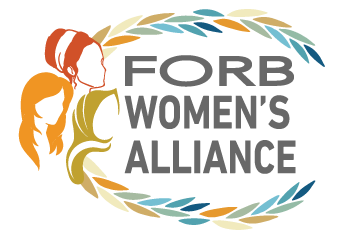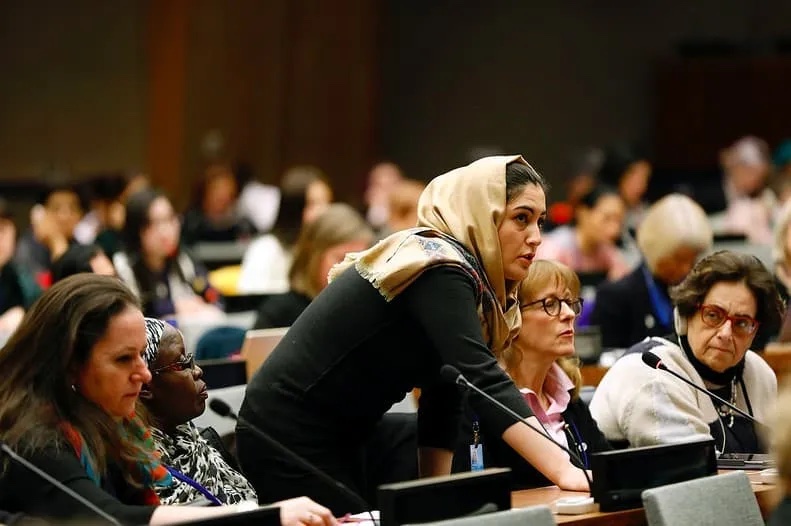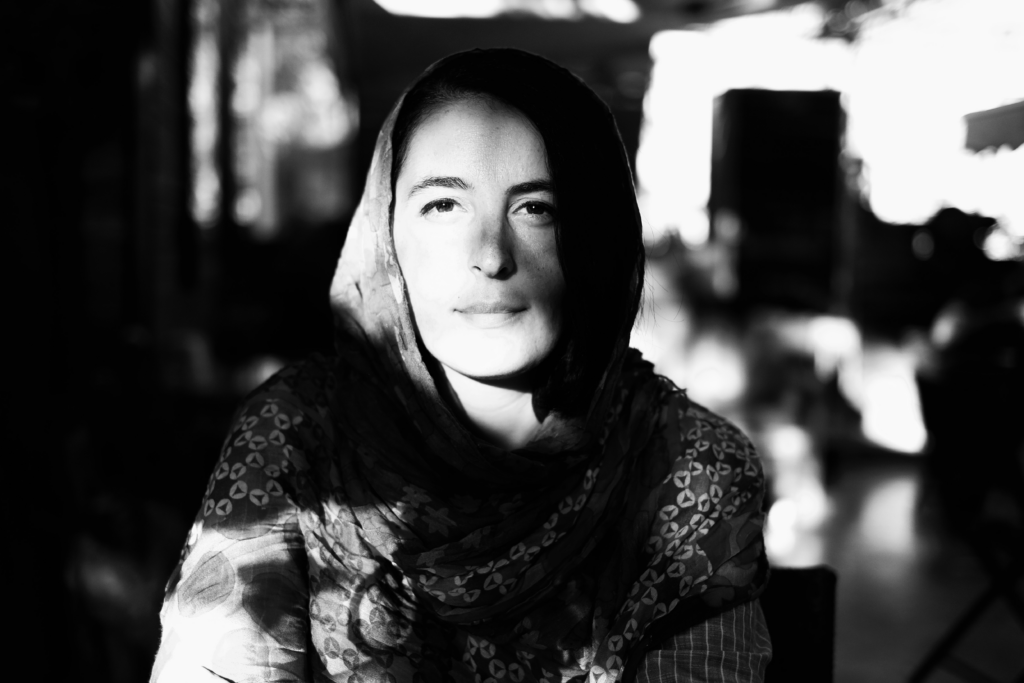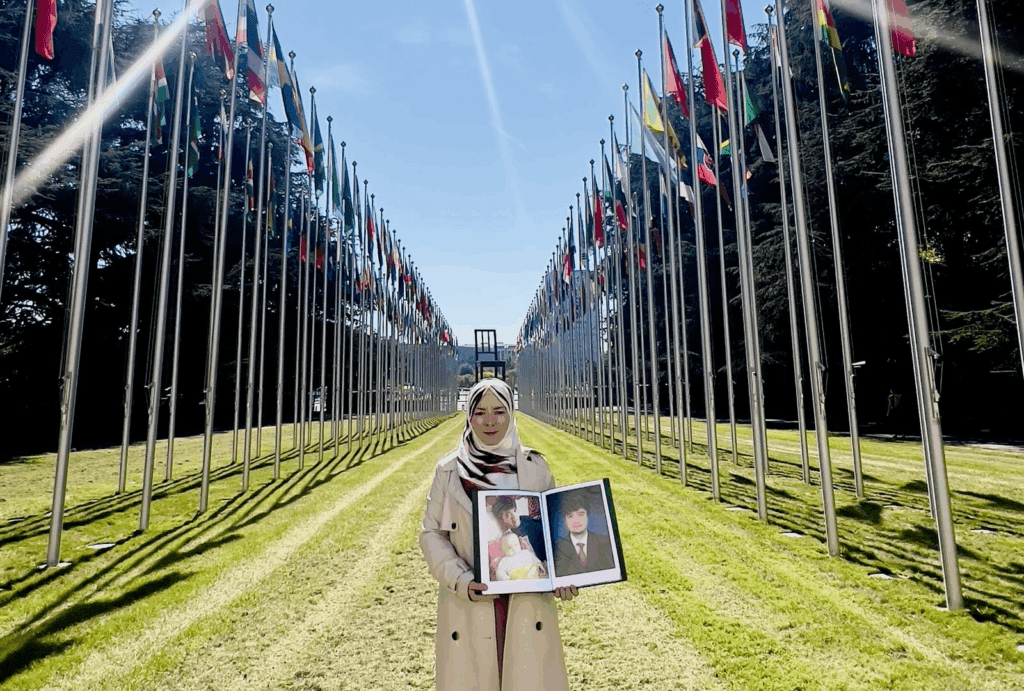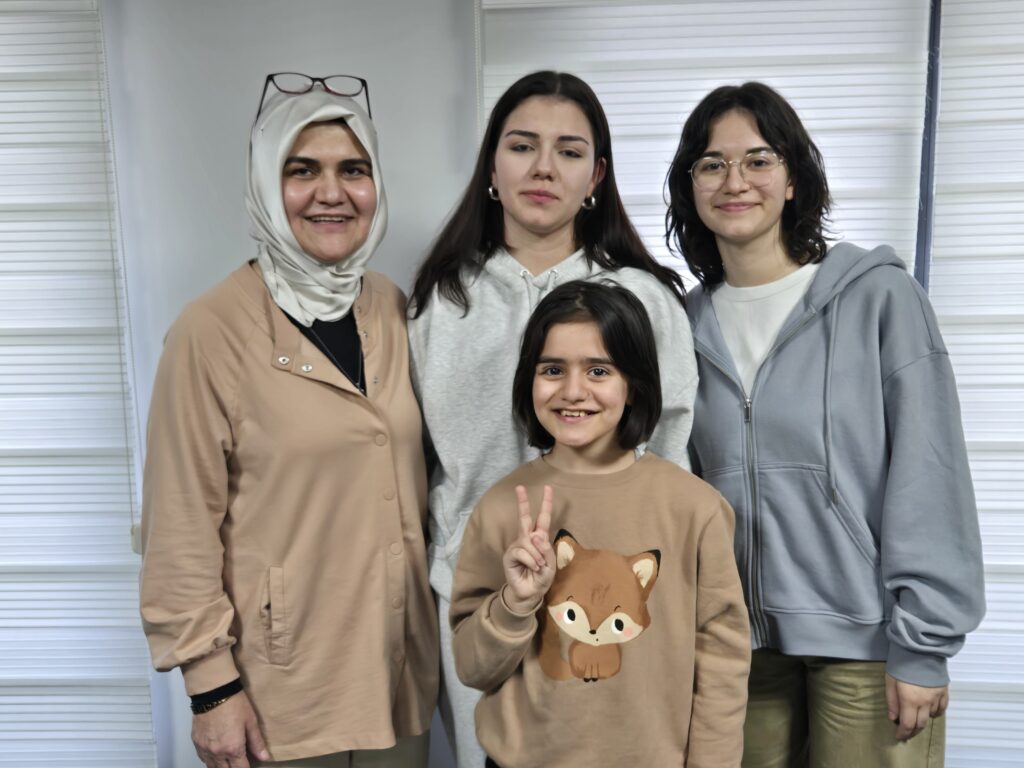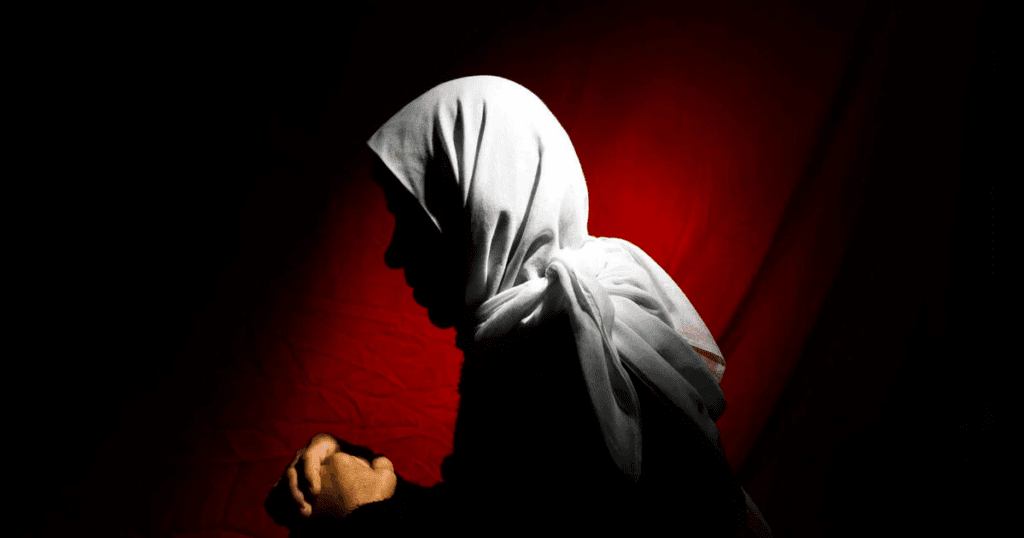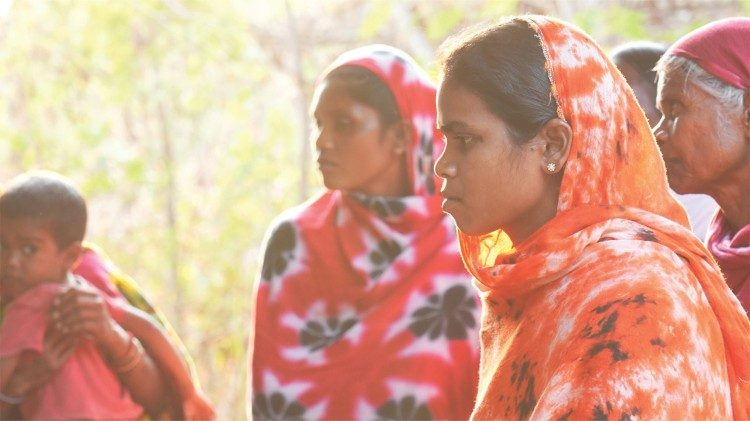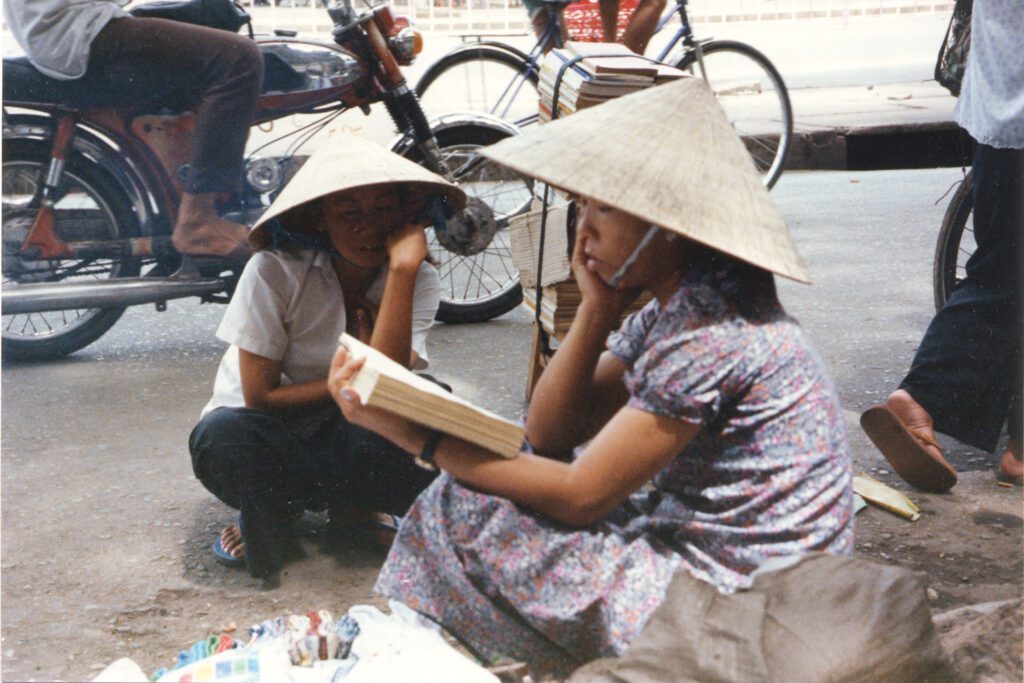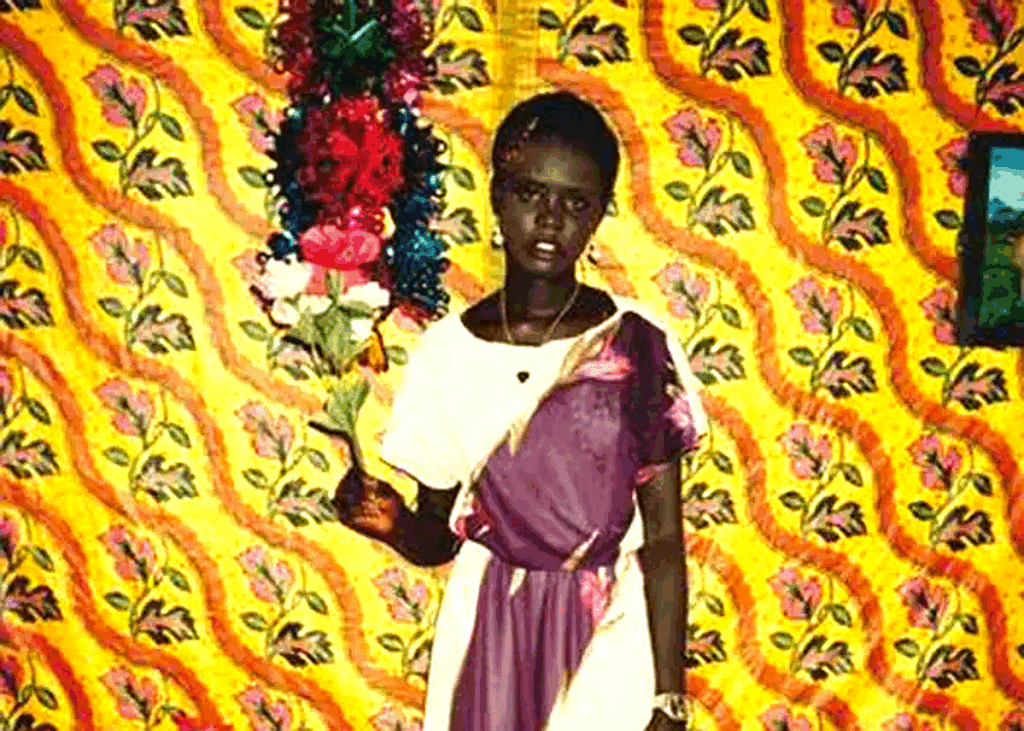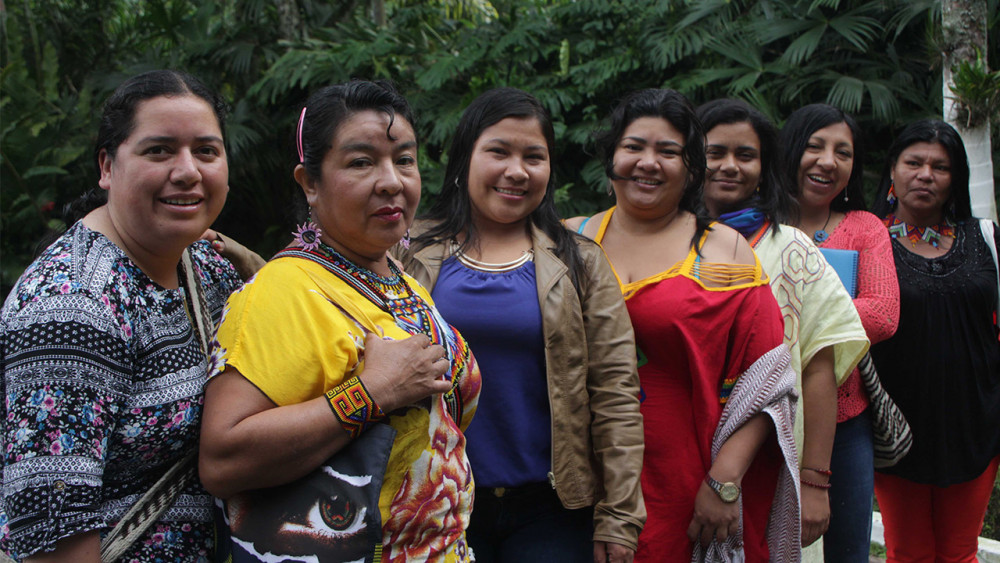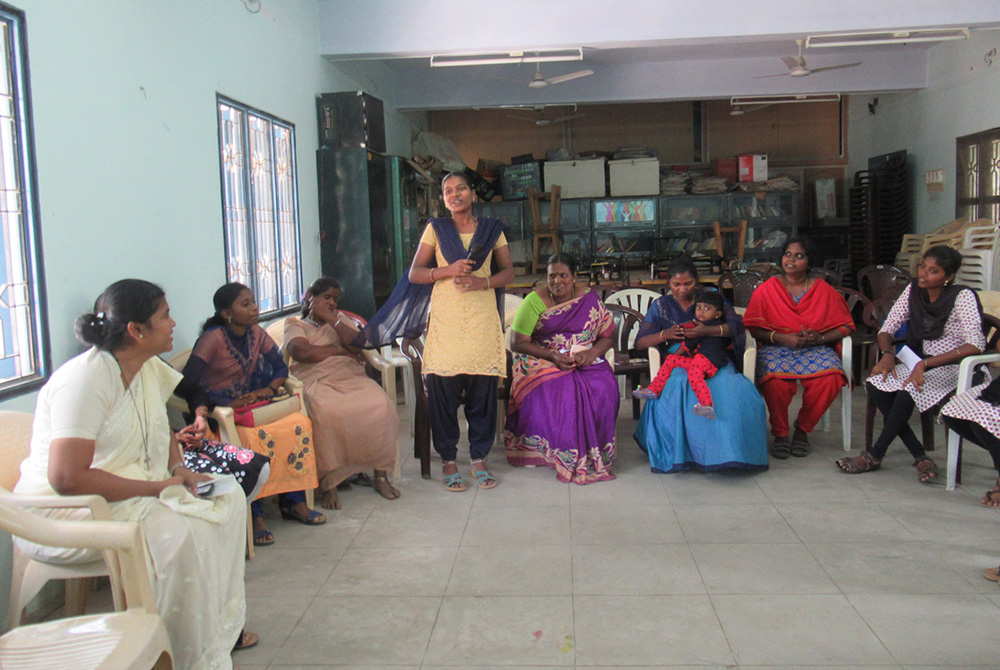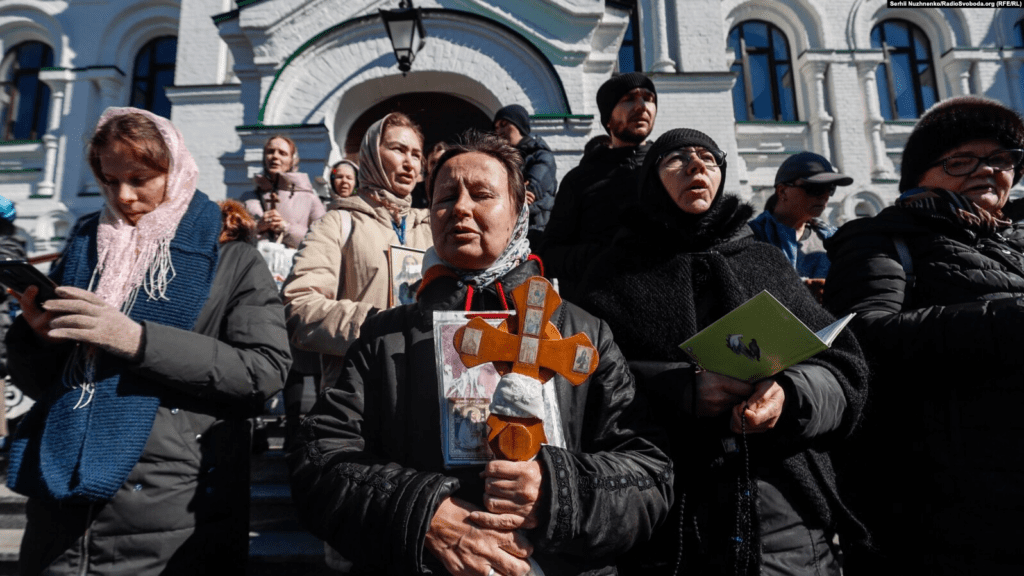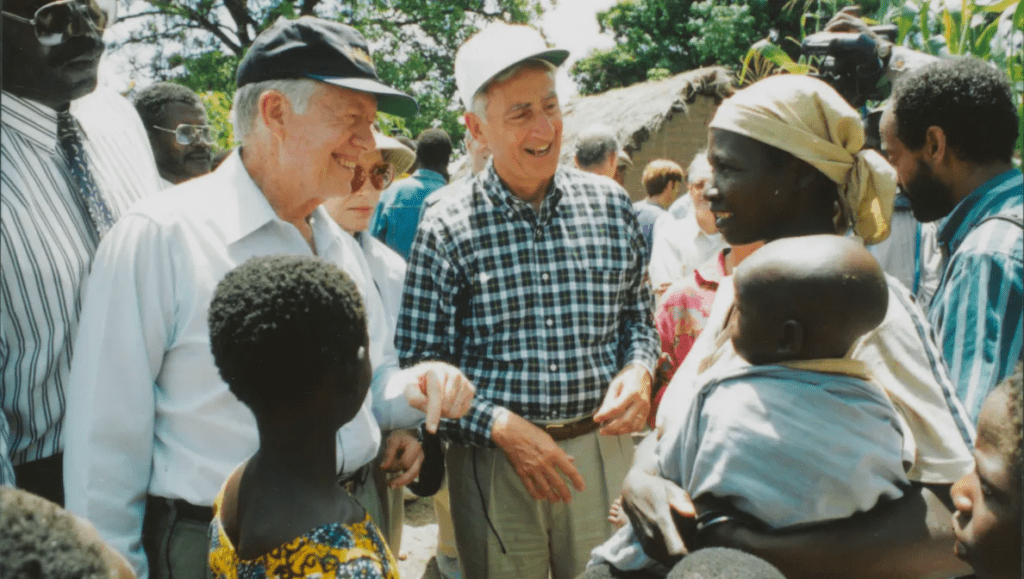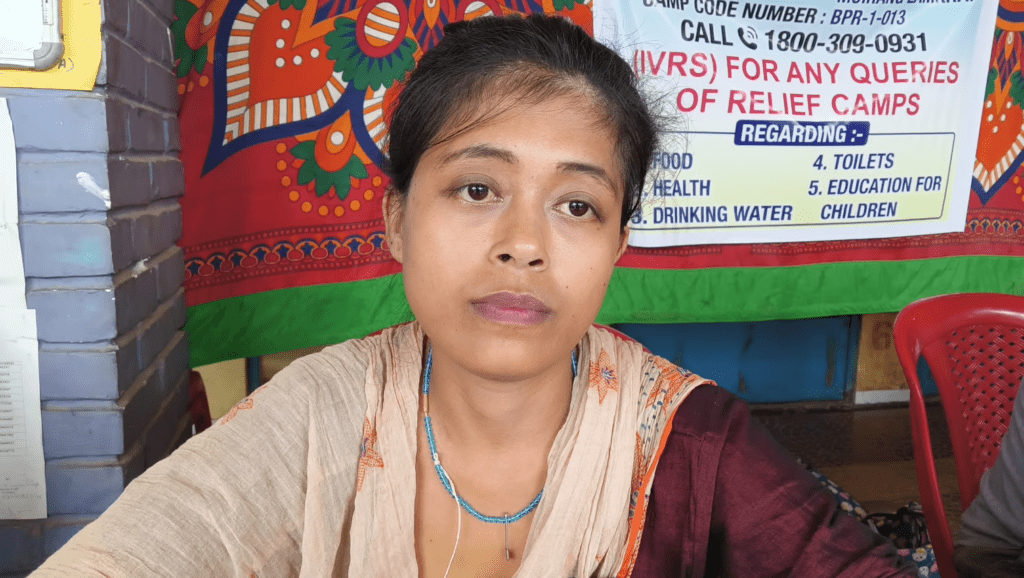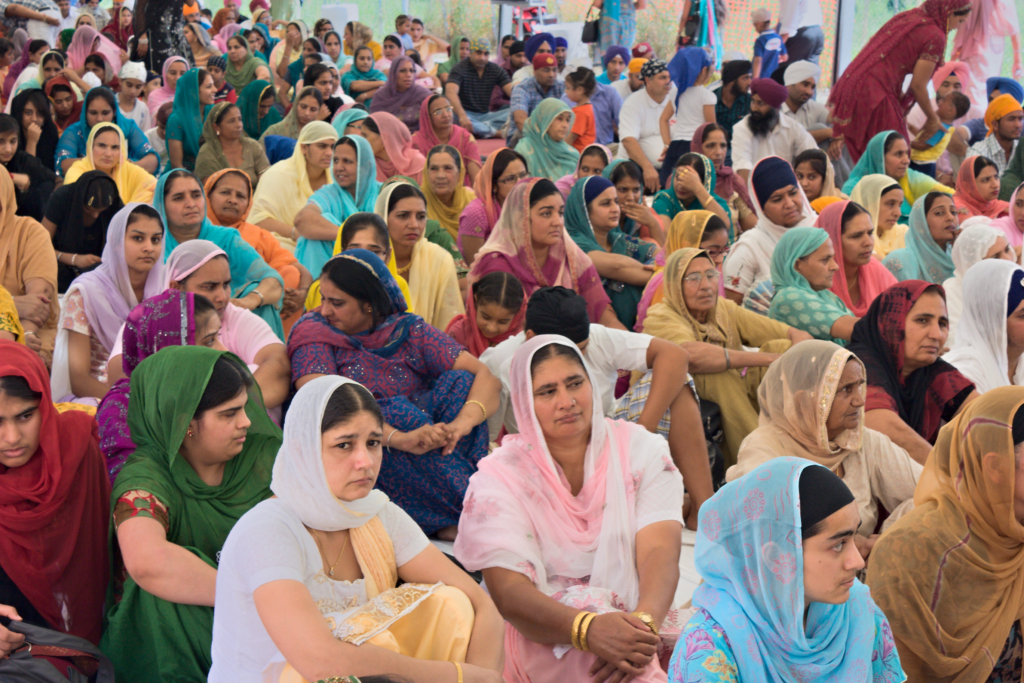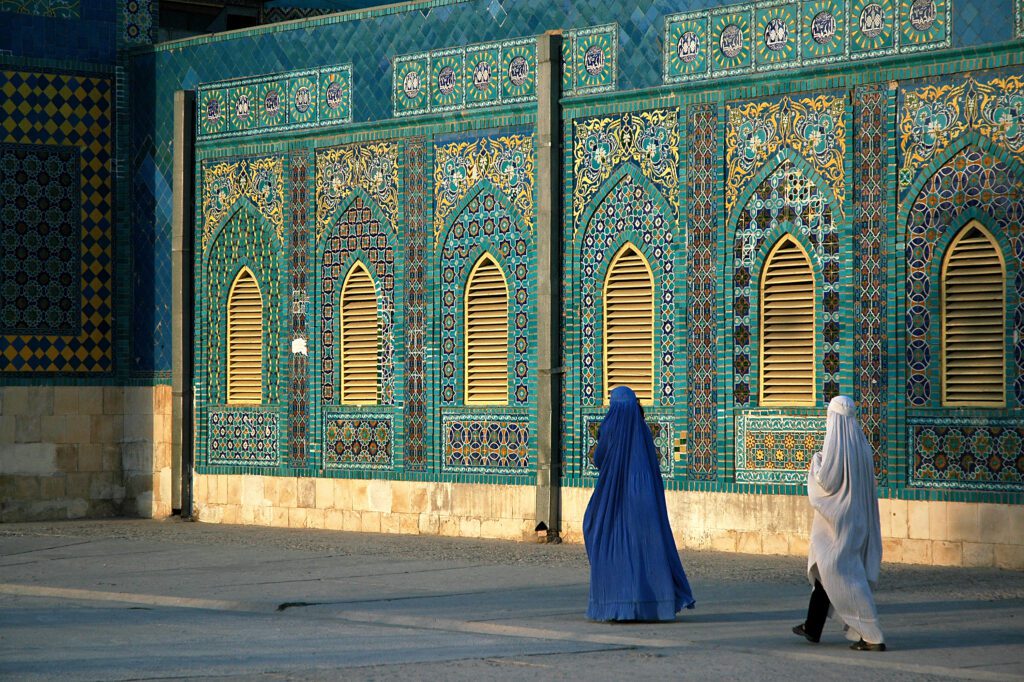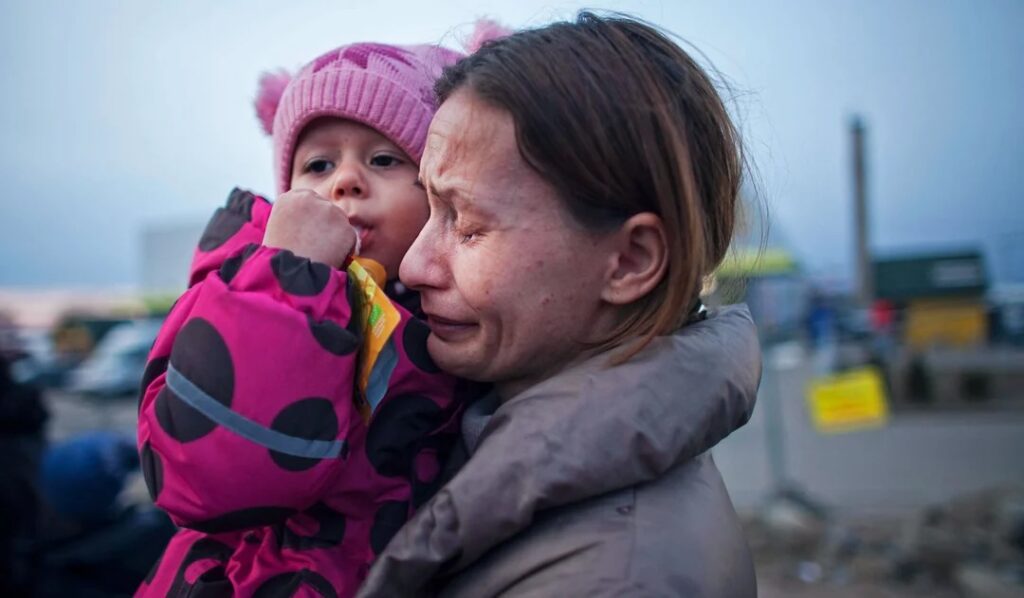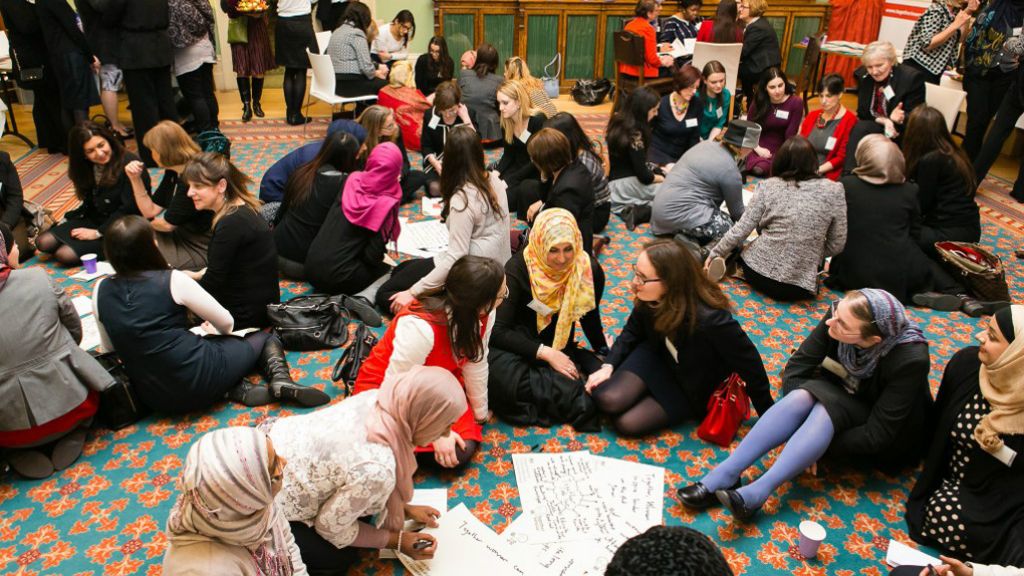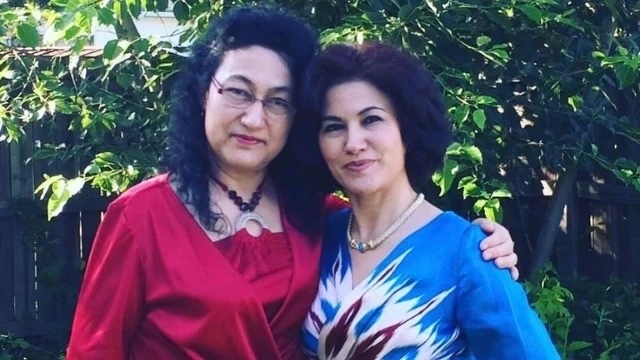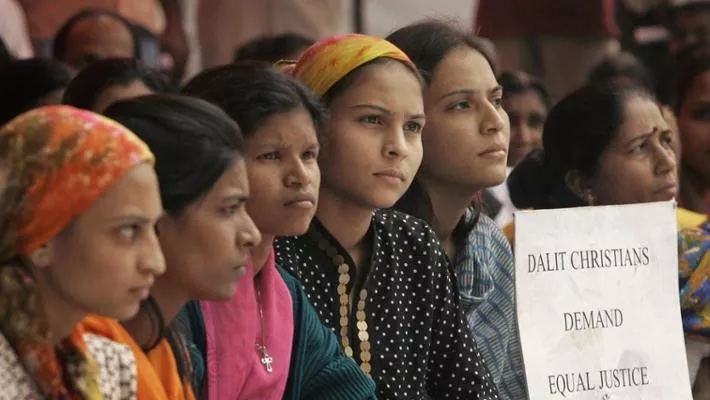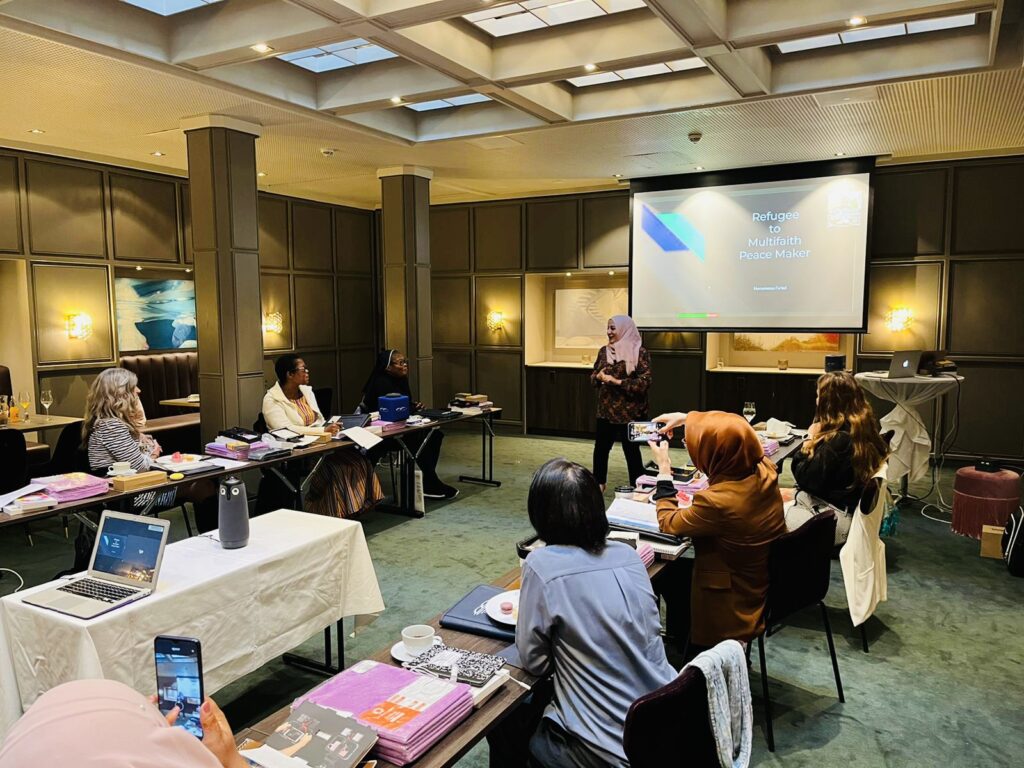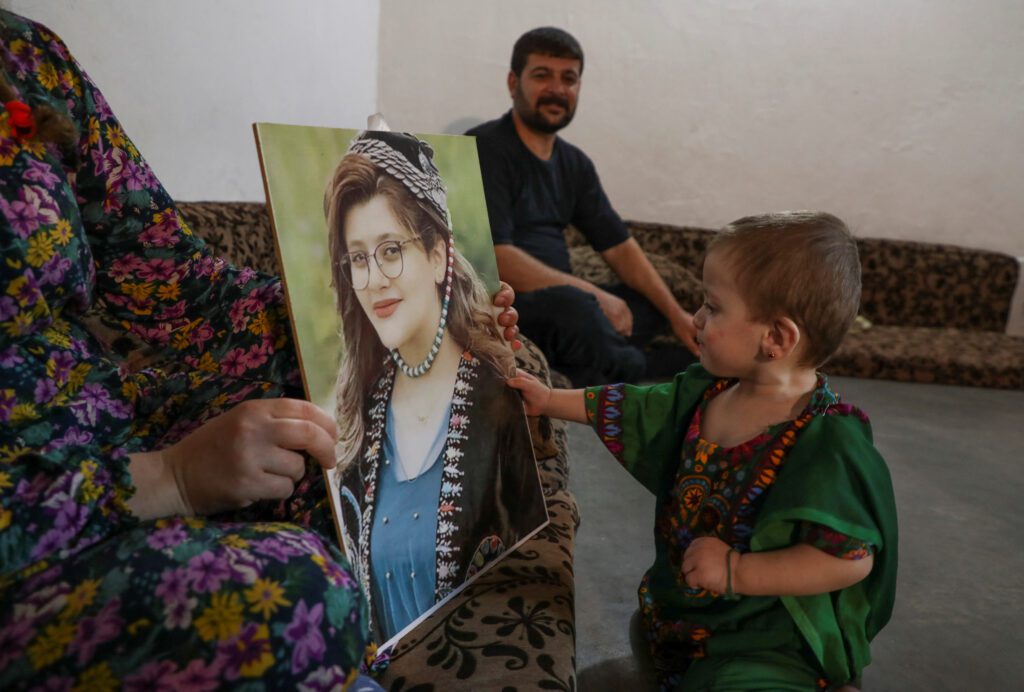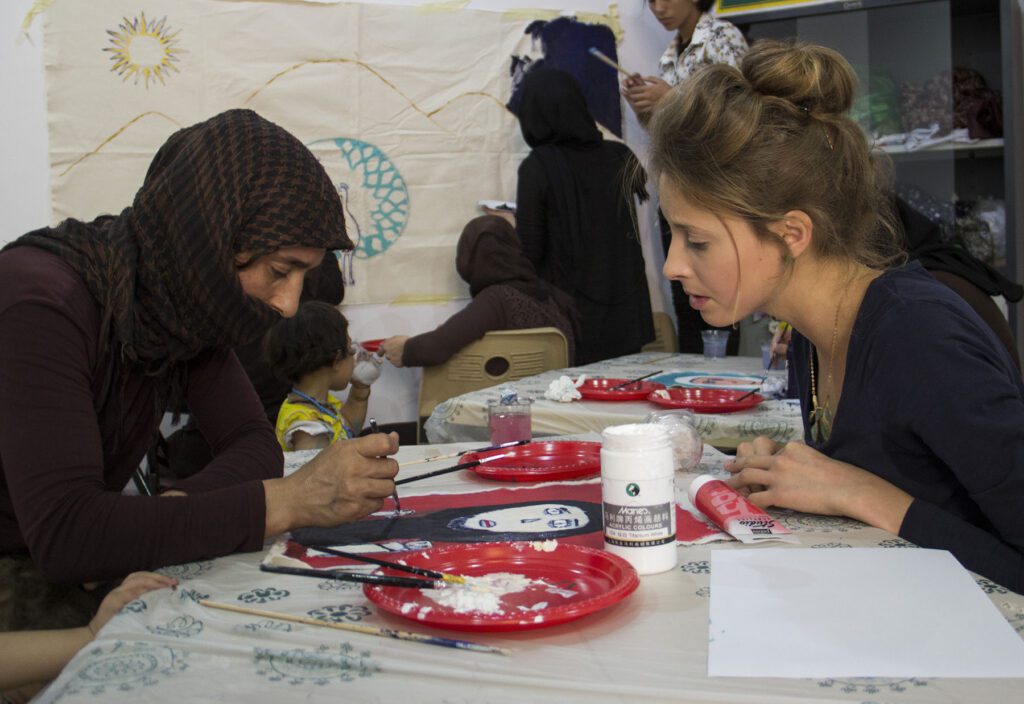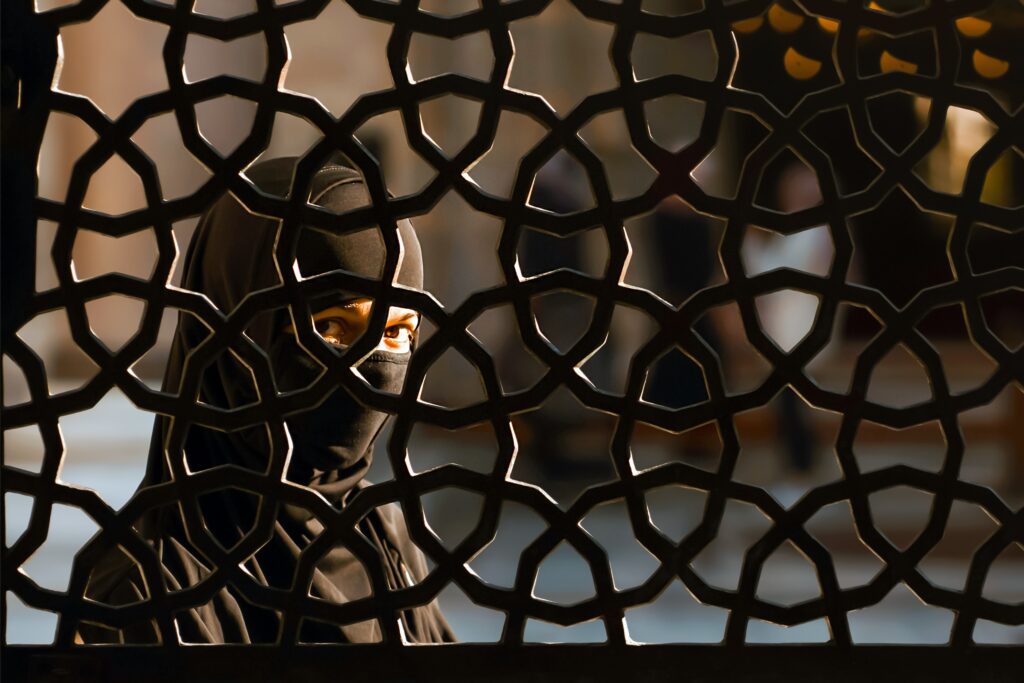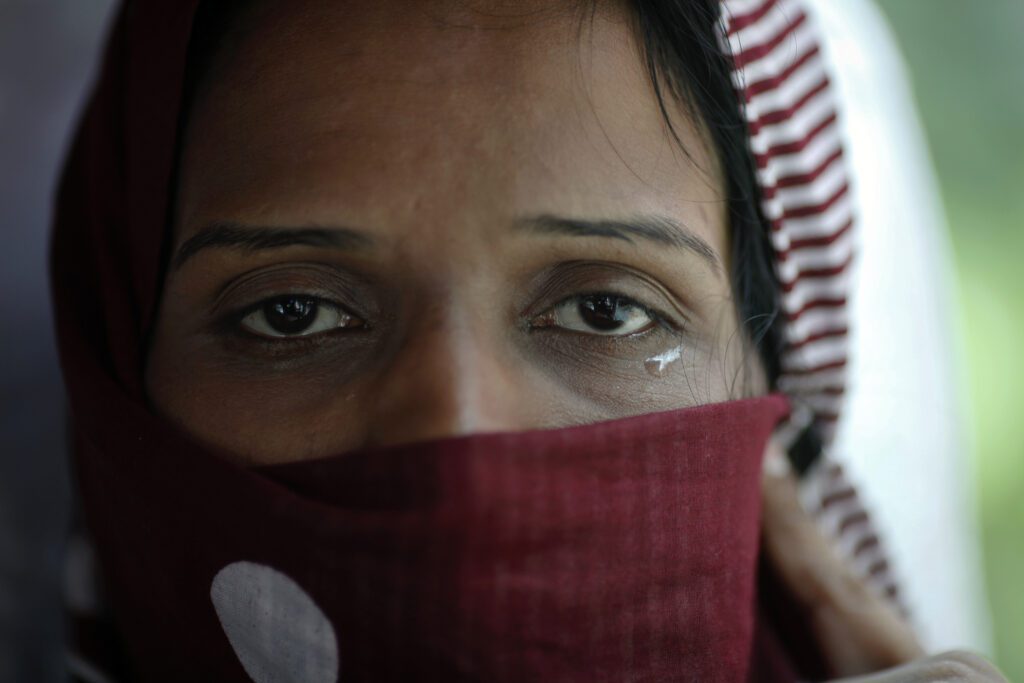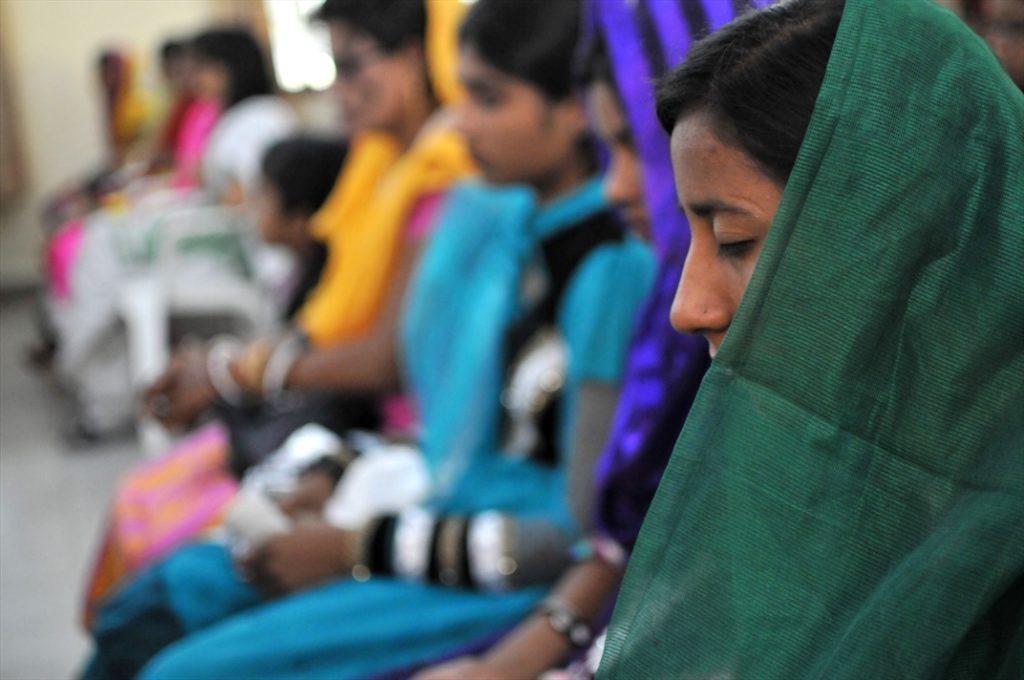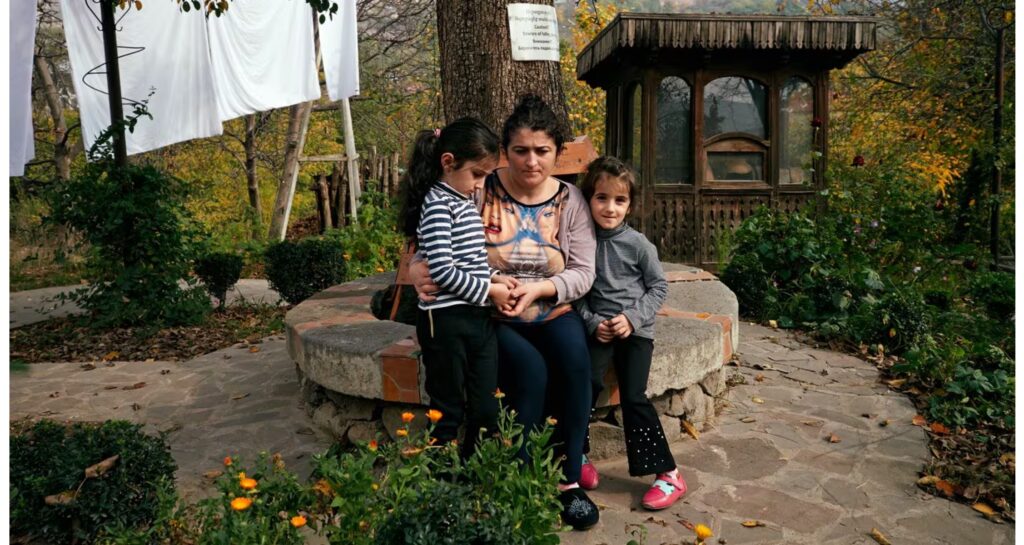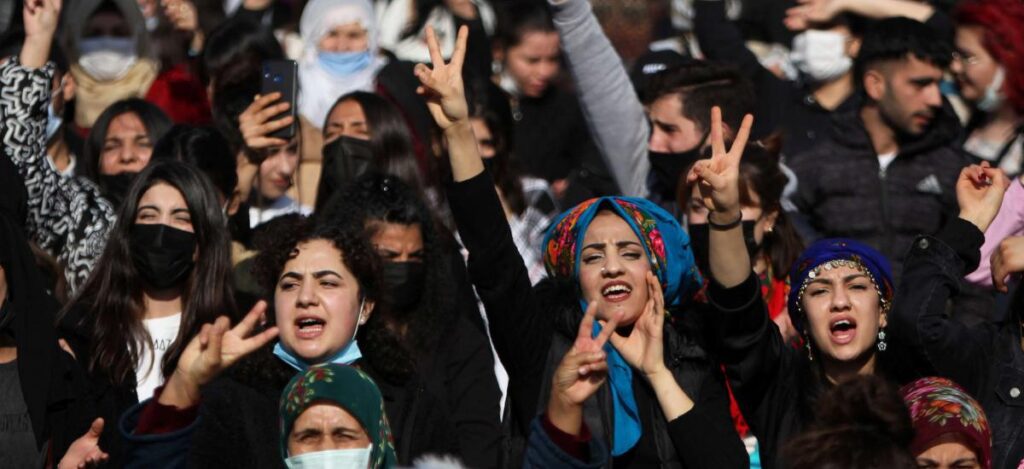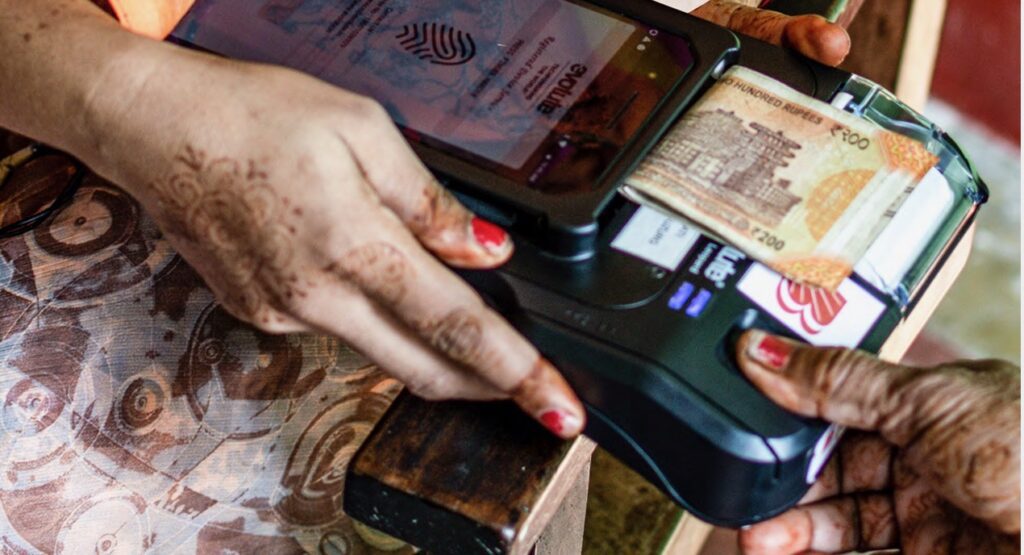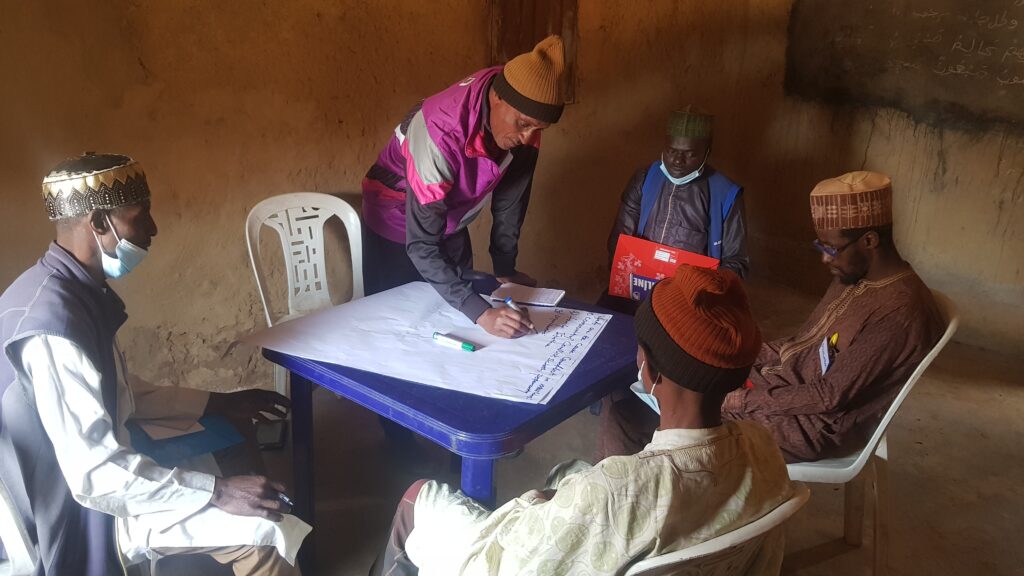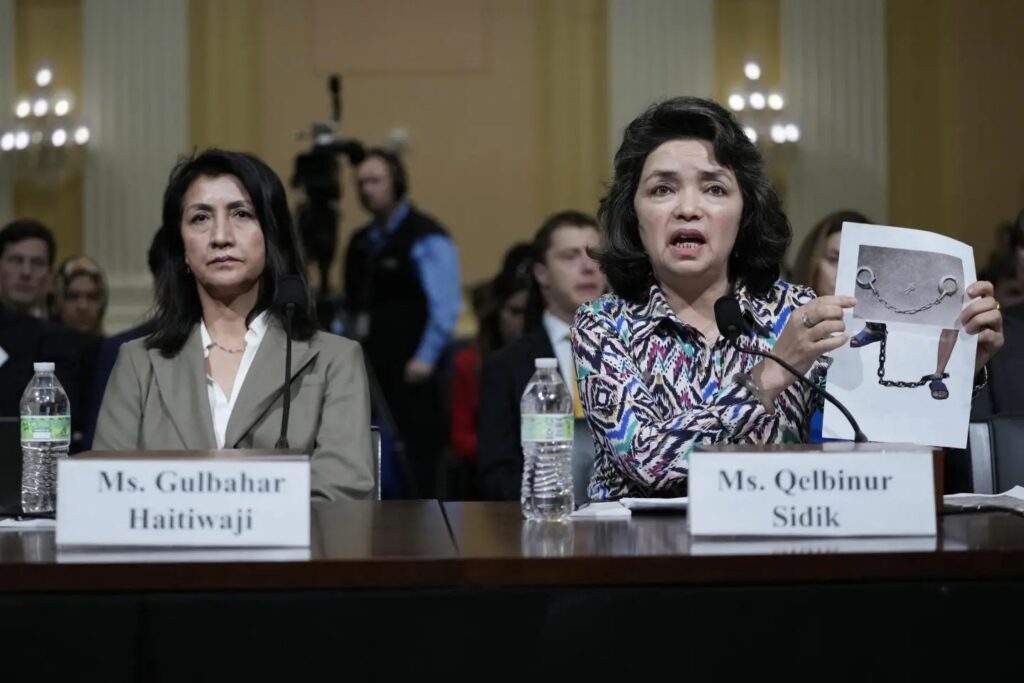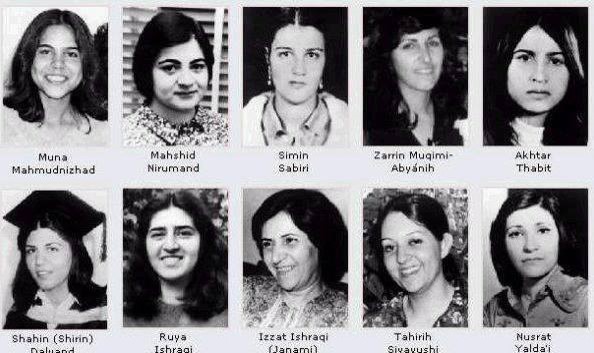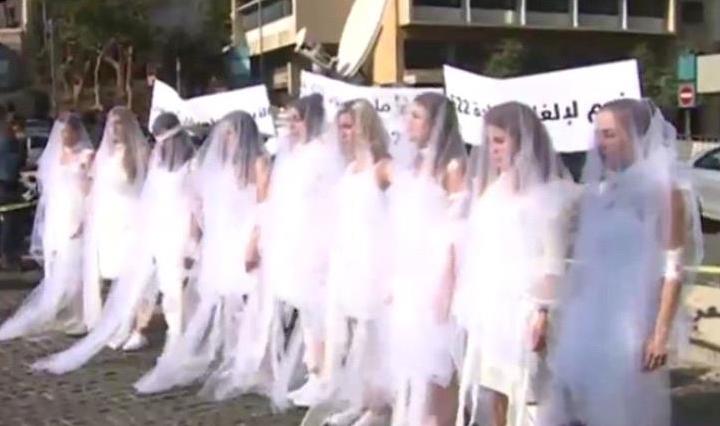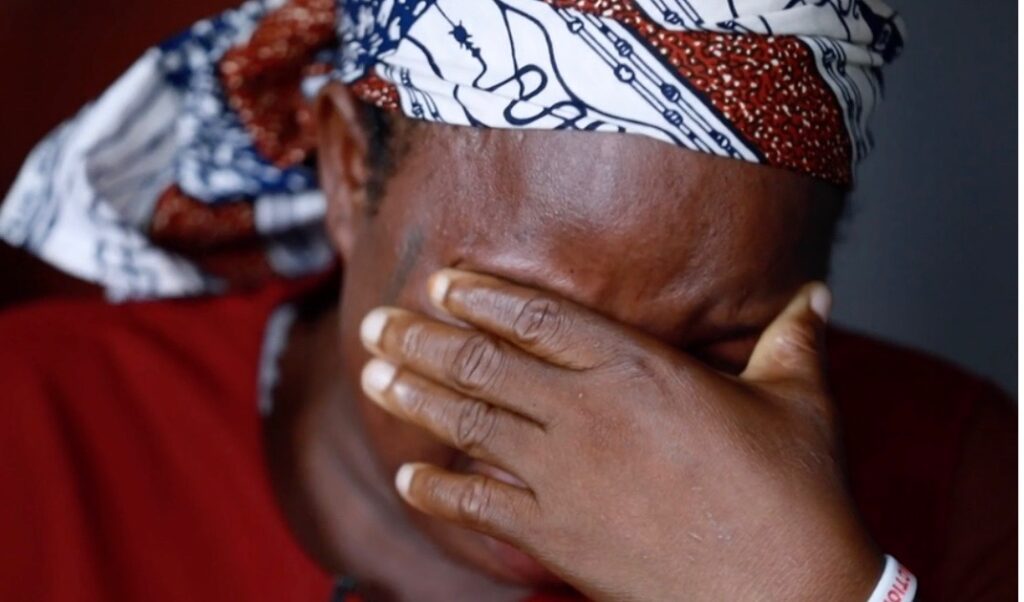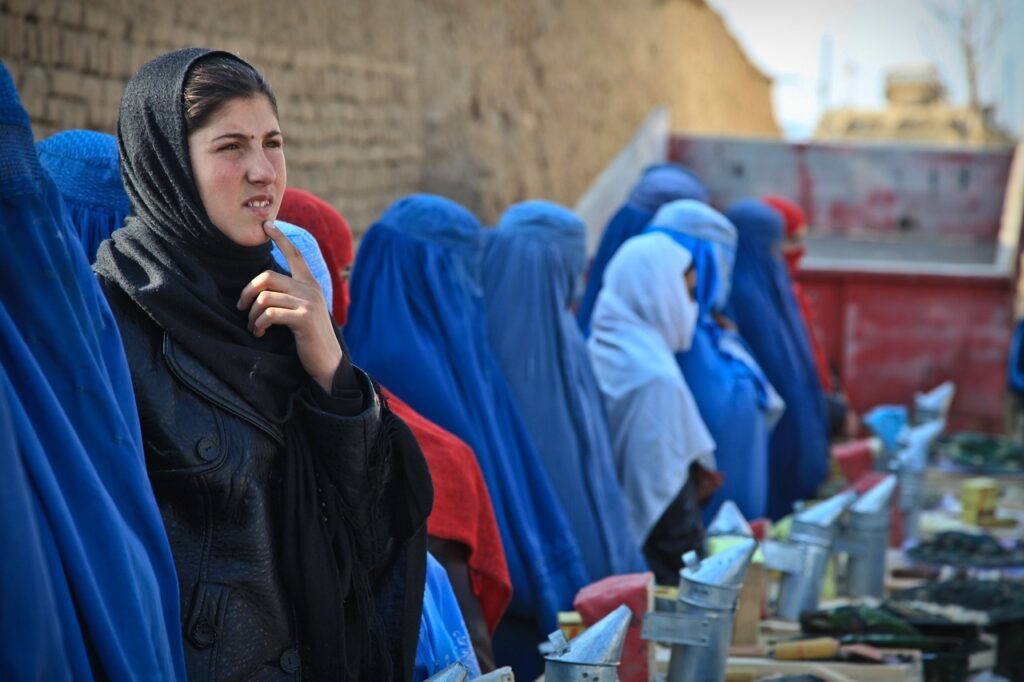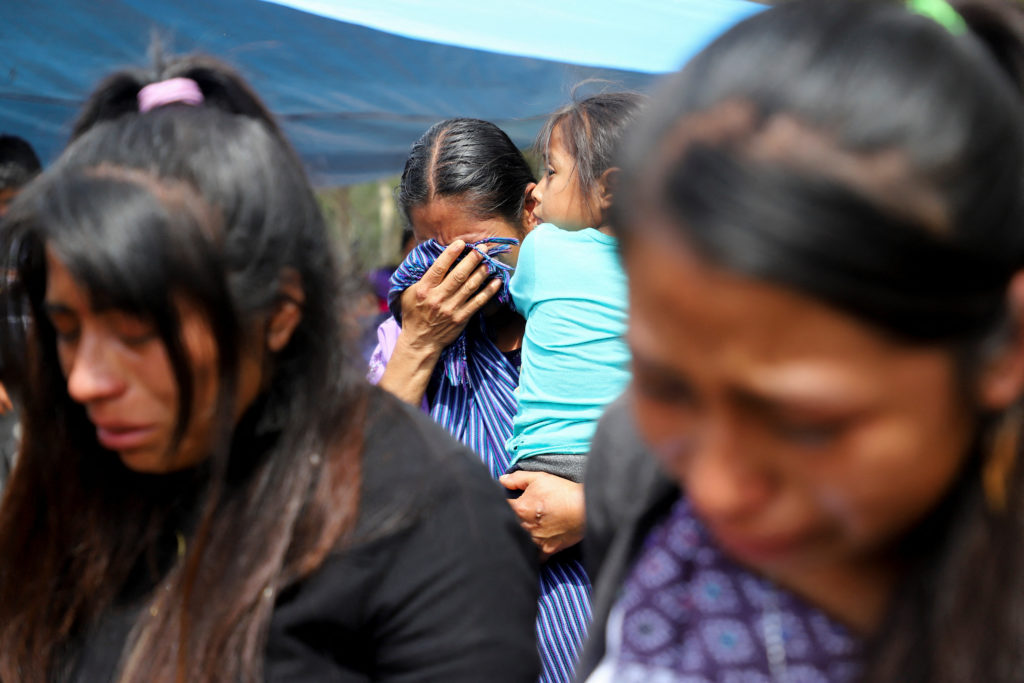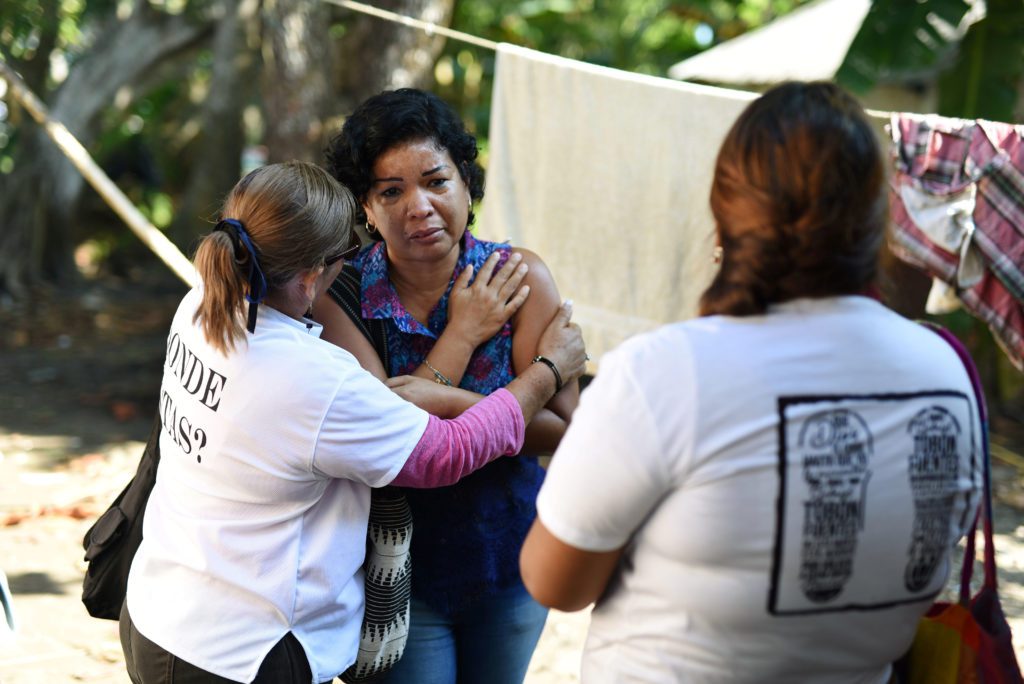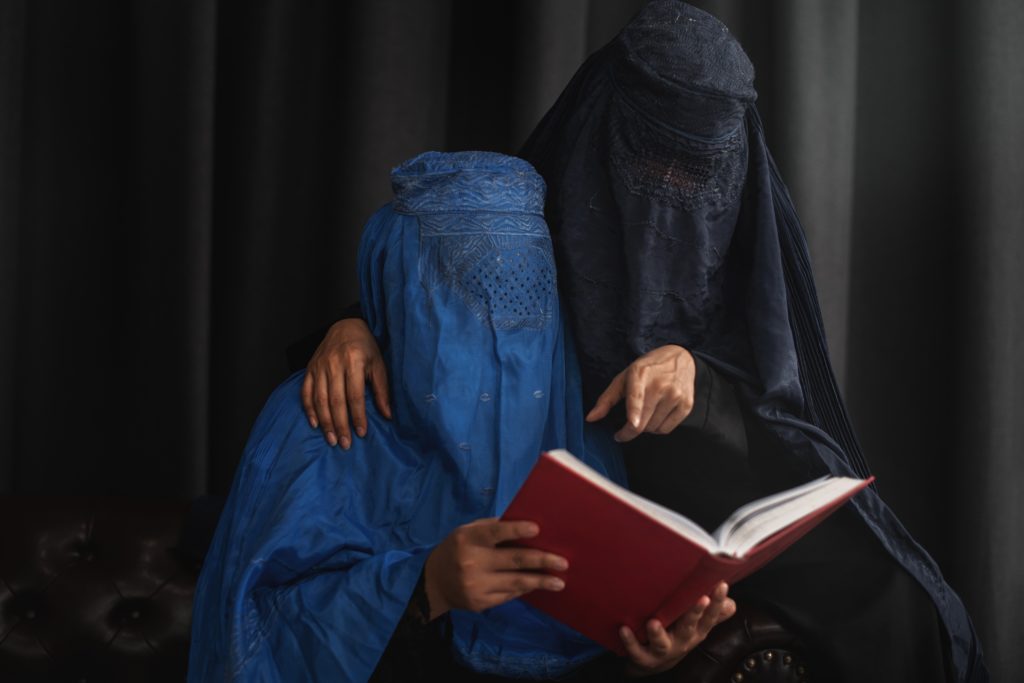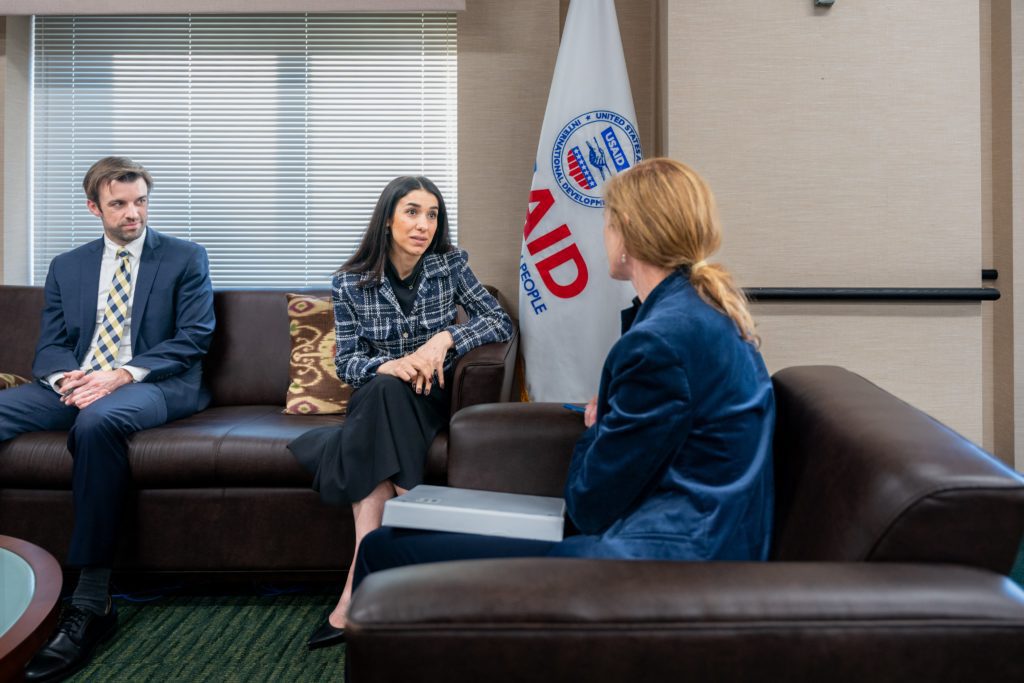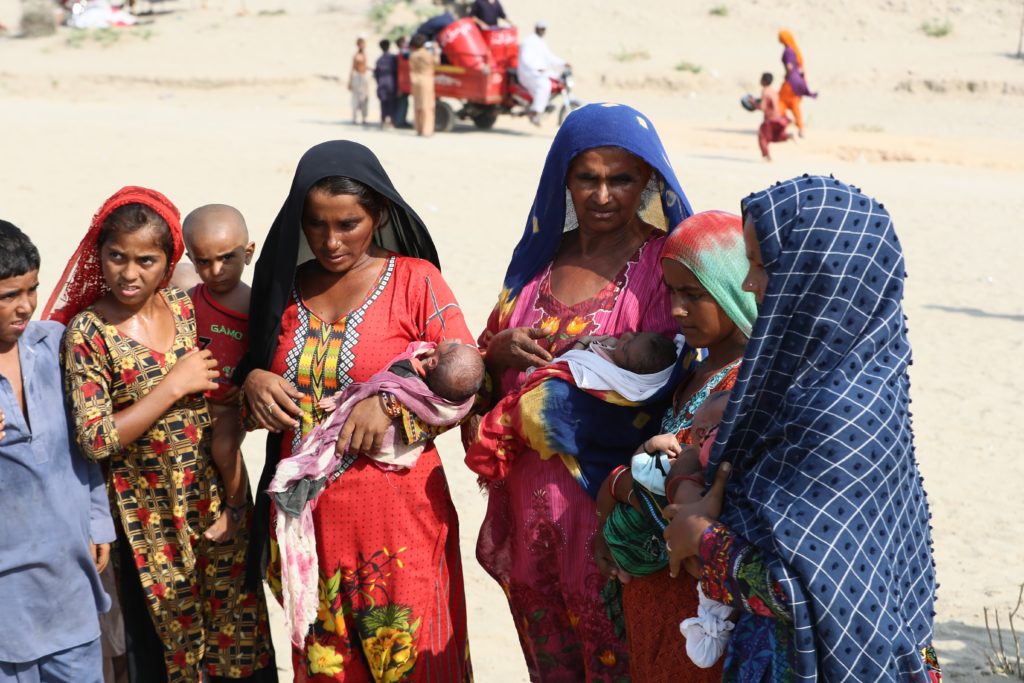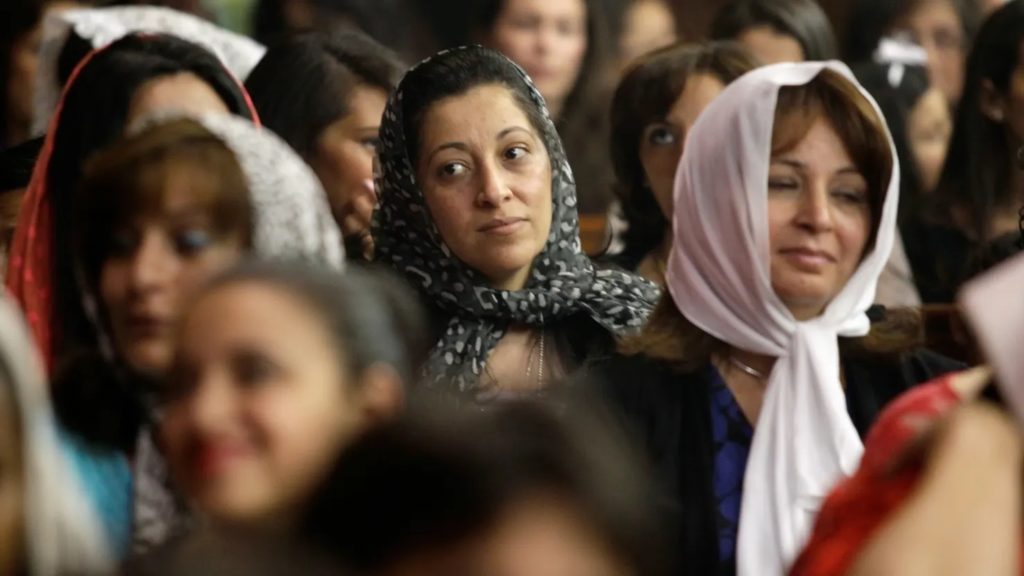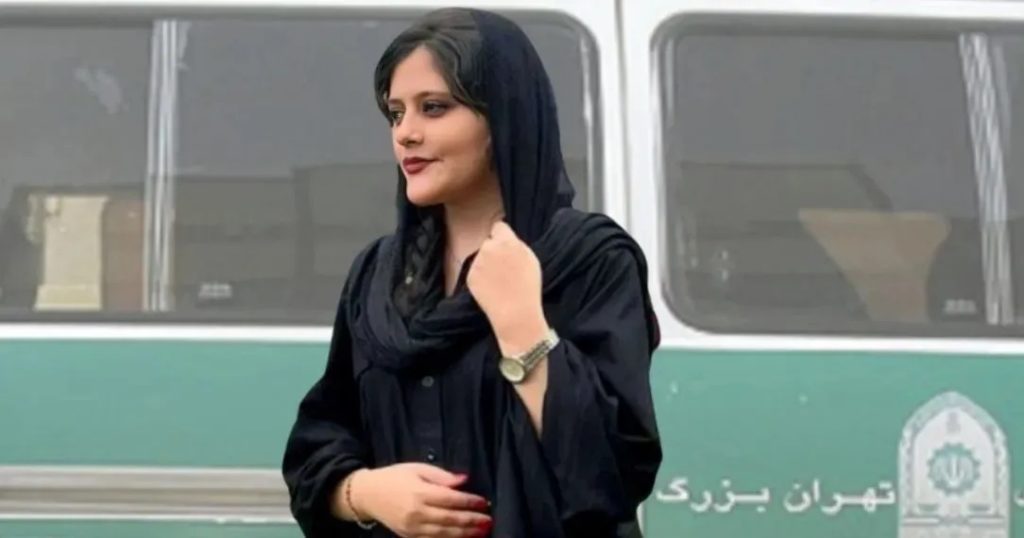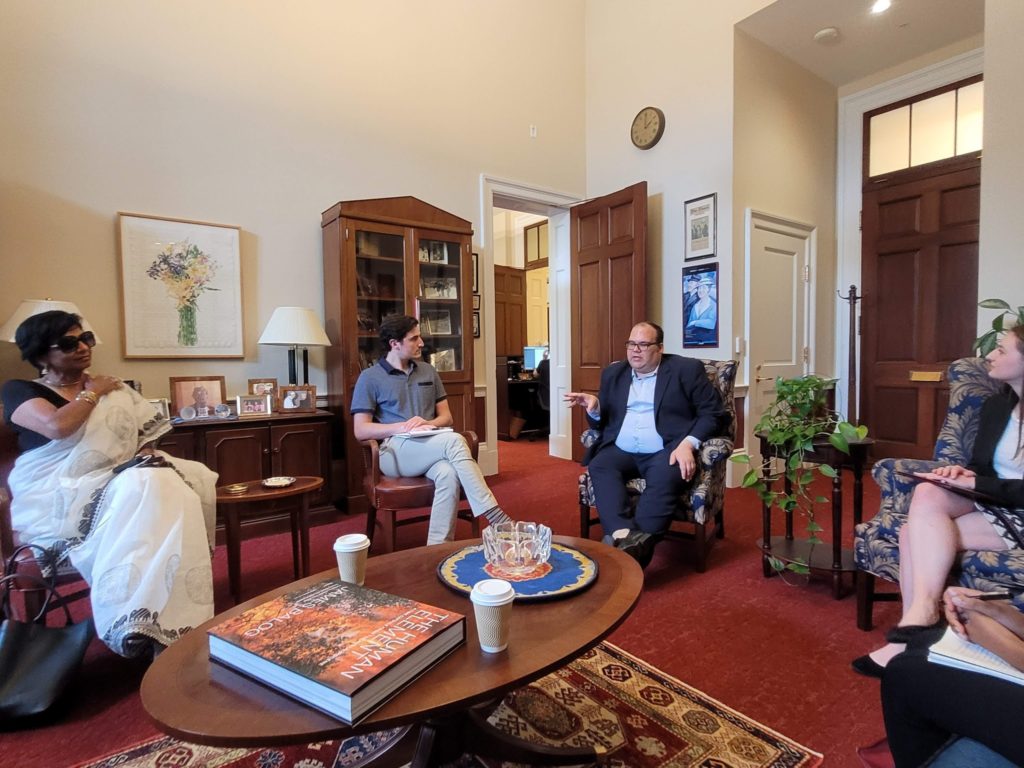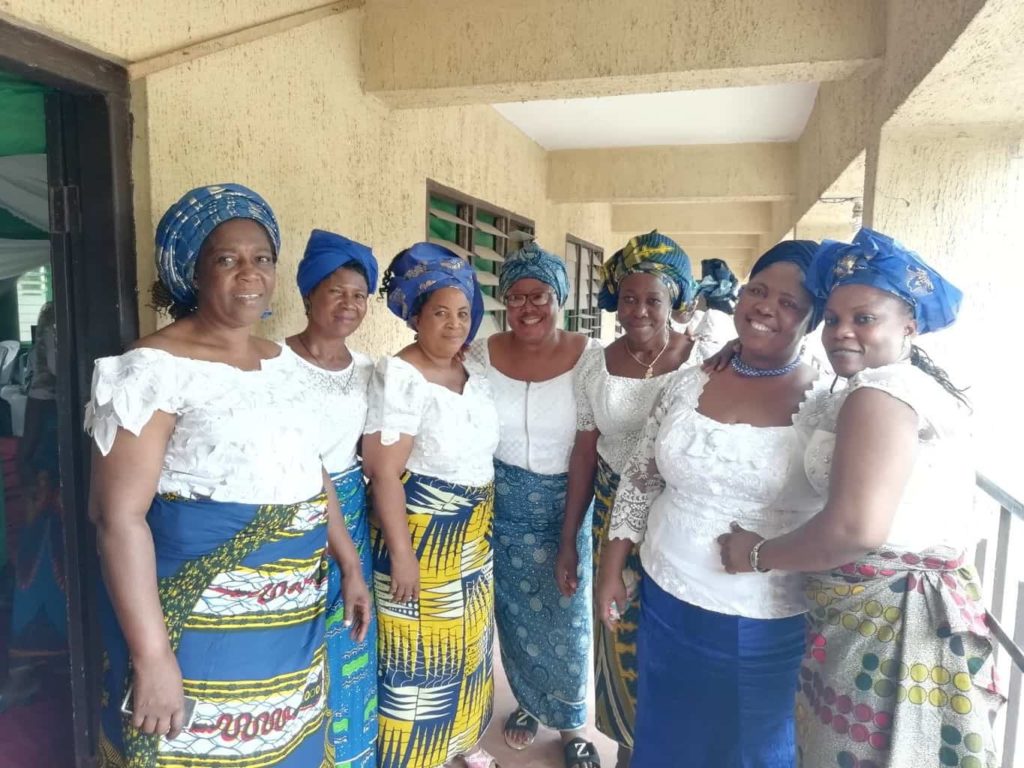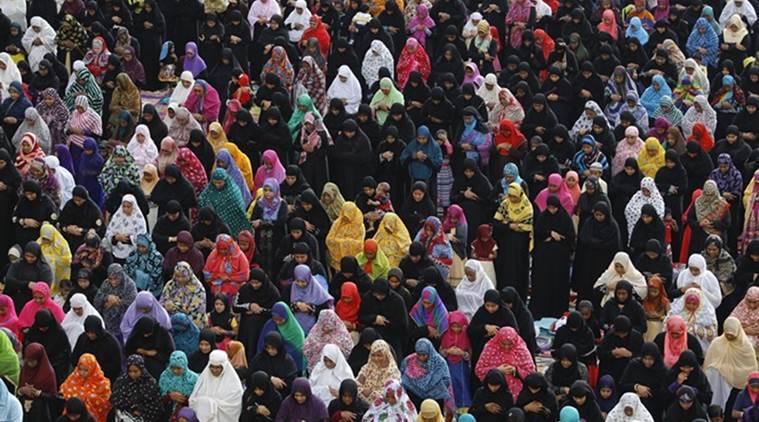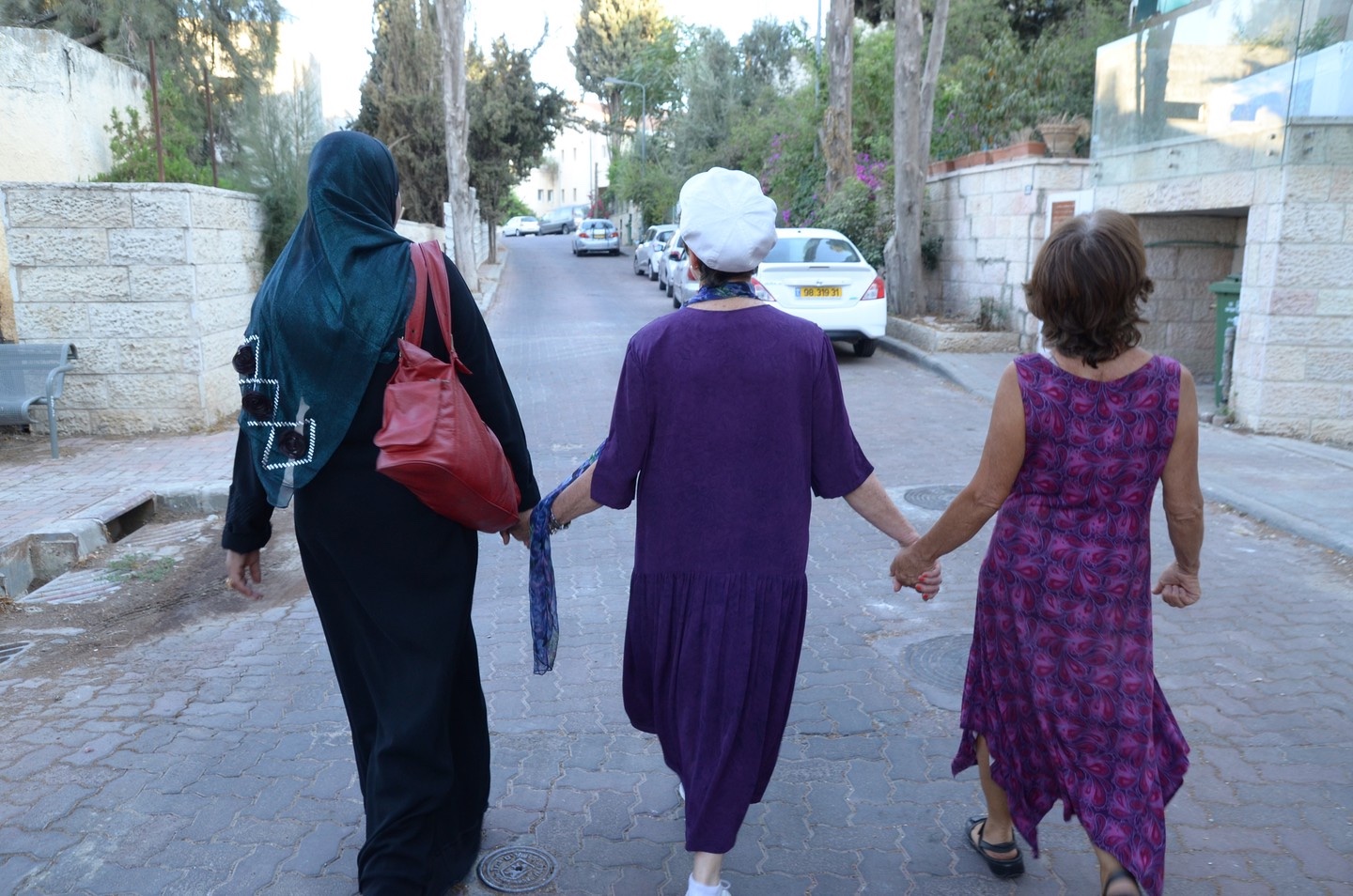FoRB Women’s Alliance recently released the first global multi-faith analysis of women and FoRB. As a human rights accelerator working at the intersection of women’s rights and freedom of religion or belief, we undertook this research initiative to explore new ways to support and improve collaboration across multiple sectors and frame a narrative that can help women shape the agenda on these issues.
With funding provided by The Fetzer Institute, the Alliance partnered with Gender and Religious Freedom, a London-based organization, to conduct this study. During individual interviews and focus groups, women and men with diverse institutional, professional, religious, and geographic backgrounds identified gaps and resources that can help women and FoRB advocates be more impactful at the local, national and global levels.
Our study benefited greatly from the groundbreaking work done by Open Door’s International – a World Watch Research team that has studied women and FoRB since 2018, and Stefanus Alliance International, a Norwegian mission and human rights organization, which also has undertaken important research on women and FoRB and conducted awareness trainings worldwide.
These previous studies revealed that women and girls face compound persecution because of, not only their religion or belief, but also gender inequality, political and economic stressors and cultural norms that often masquerade as religious dicta. Although this persecution is often hidden, inside houses and within communities, these infringements on women and girl’s human rights have been treated separately.
We also understood that as women face compound persecution for their religion or belief, freedom of religion or belief itself is a compound right: It is intricately tied to other basic freedoms, including that of association and expression, and also key rights, especially women’s rights and women and girl’s right of equal access to health care, education, housing and other essential services.
So, what did we learn from the focus group and interview participants?
- Both isolated networks and the siloing between FoRB rights and other sectors, especially women’s rights, have disadvantaged women advocating for relief and redress and exacerbated their gendered experience of persecution on the basis of religion or belief.
- Exclusion from power structures additionally marginalizes, undermines, under-studies and under-resources efforts to address FoRB violations committed against women and girls and limits their capacity to effectively act.
- Cultural and religious norms can be creatively and courageously challenged.
- Collaboration is a form of empowerment to increase capacity, influence and relief.
- Structural change is the necessary accelerator for addressing Women’s and FoRB Rights and requires an external catalyst. It is not within the agency of the unempowered to have the necessary resources or create a space for themselves at the table
Based on the findings, FoRB Women’s Alliance offers these practical recommendations:
- There needs to be more training and education on women and FoRB.
- There is inadequate information available about the FoRB-related activities women and girls undertake. Activists should be trained to conduct qualitative and quantitative research, including data collection and other initiatives
- There should be more collaboration between individuals and organizations working on women and FoRB issues and other sectors. Essential to such collaboration is providing safe space and platforms.
- Opportunities should be explored to further dimension existing projects or research by including issues relevant to women and FoRB. For example, global surveys conducted by organizations on FoRB or human rights could include questions on women and FoRB.
- Funders and other leaders should recognize that the future vitality and health of the movement depends on their support for individuals and organizations working on women and fund accordingly. This work, especially at the grassroots level, provide much of the movement’s energy.
- FoRB civil society groups and organizations, individuals, alliances and networks led by women and girls have earned the right to be heard and should be equal partners and participants in FoRB programs, policy making and implementation.
In closing, the FoRB Women’s Alliance study:
- Provides better documentation and understanding of this landscape, and thus helps those trying practically to make a difference in contexts around the world begin to understand the roadblocks so hopefully they won’t keep running into them again and again.
- Highlights that despite these compound vulnerabilities and the barriers that accompany them, women have accomplished a great deal.
- Underscores what the earlier studies found: the need for advocacy and activism and that in order to empower religious freedom, women and girls must be empowered.
- Identifies solutions to address the challenges facing women and FoRB and accelerate religious freedom or belief for all.
The future vitality and health of the FoRB movement depends on the support for individuals and organizations working for women and girls, and their having a seat at the table as equal partners and participants in FORB programs, policy making and implementation.
We encourage you to read our report.
Judith Golub and Lou Ann Sabatier are the co-founders, along with Farahnaz Isphahani, of FoRB Women’s Alliance.
